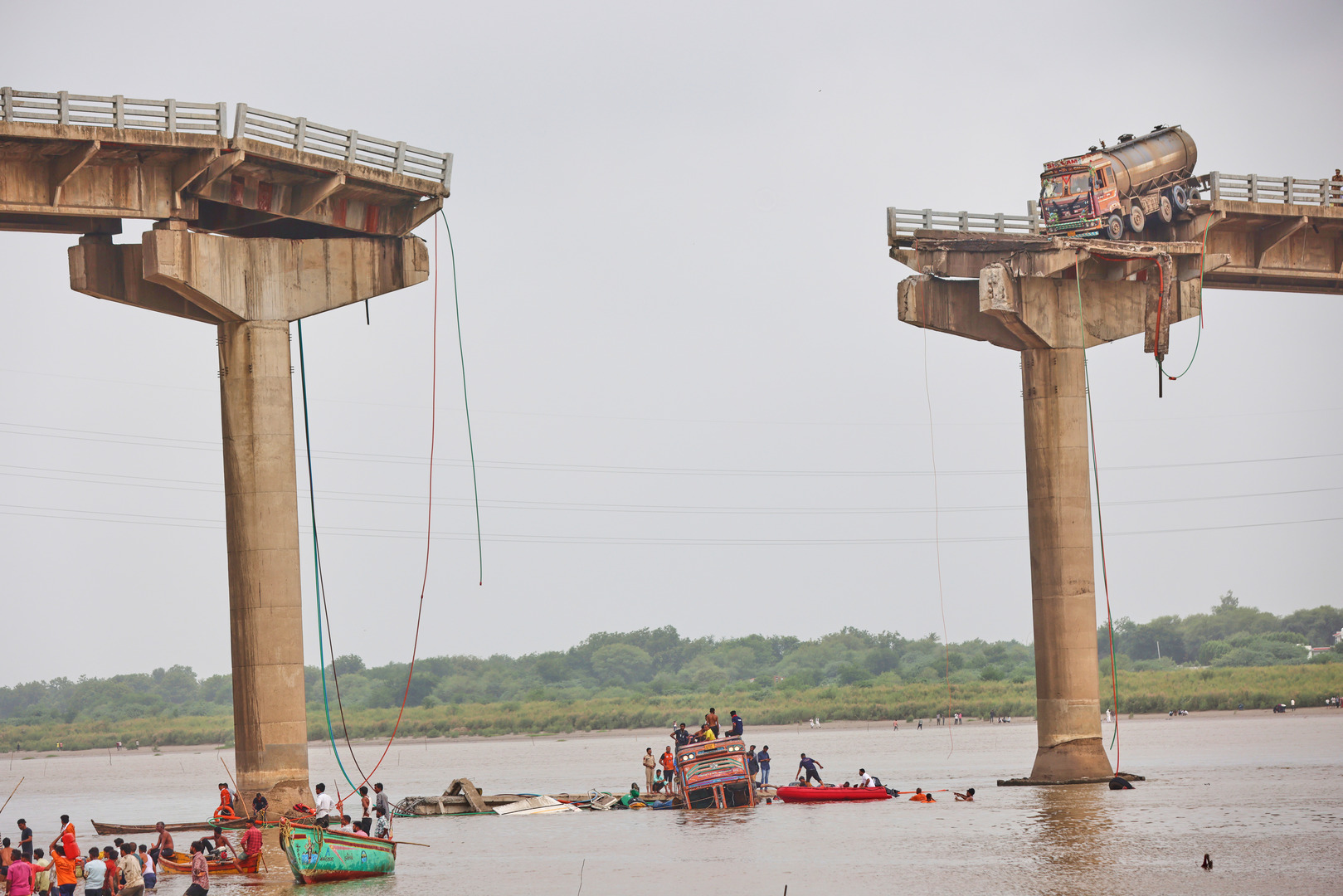The analysis, published on Wednesday, focused on the 10-day period between June 23 and July 2, during which large parts of Western Europe were hit by extreme heat, with temperatures breaching 40 degrees Celsius (104 Fahrenheit) in Spain and wildfires breaking out in France.
It covered 12 cities with a combined population of more than 30 million, including Barcelona, Madrid, London and Milan, where the study said climate change had increased heatwave temperatures by up to 4C (39.2F).
Of the 2,300 people estimated to have died during this period, 1,500 deaths were linked to climate change, which made the heatwave more severe, said the study conducted by more than a dozen researchers from five European institutions in the United Kingdom, Netherlands, Denmark and Switzerland.
“Climate change has made it significantly hotter than it would have been, which in turn makes it a lot more dangerous,” said Ben Clarke, a researcher at Imperial College London, one of the institutions involved in the study.
‘Silent killers’
The researchers used established epidemiological models and historical mortality data to estimate the death toll, which reflects deaths where heat was the underlying reason for mortality, including whether exposure exacerbated existing health conditions.
To assess what role climate change played, scientists compared how intense a heatwave would have been in a world that had not warmed due to burning masses of fossil fuels.
They concluded the heatwave “would have been 2-4C (35.6-39.2F) cooler” without human-induced climate change in all but one of the 12 cities studied, noting that the added degrees greatly elevated the risk in these cities.
“What that does [the increased temperatures] is it brings certain groups of people into more dangerous territory,” said Clarke. “For some people, it’s still warm, fine weather. But for now, a huge sector of the population, it’s more dangerous,” he told reporters.
Heatwaves are particularly dangerous for the elderly, the sick, young children, outdoor workers and anyone exposed to high temperatures for prolonged periods without relief.
The effect on health is compounded in cities, where heat is absorbed by paved surfaces and buildings, making urban areas much hotter than their surroundings.
The scientists said they used peer-reviewed methods to quickly produce the estimated death toll, because most heat-related deaths are not officially reported and some governments do not release this data. A more definitive death toll from the recent heatwave could take weeks to produce.
“An increase in heatwave temperature of just two or four degrees can mean the difference between life and death for thousands of people,” said Garyfallos Konstantinoudis, a lecturer at Imperial College London.
“This is why heatwaves are known as silent killers. Most heat-related deaths occur in homes and hospitals out of public view and are rarely reported,” he told reporters.
‘Difference between life and death’
Meanwhile, the European Union’s Copernicus Climate Change Service said in a monthly bulletin on Wednesday that last month was the planet’s third-hottest June on record, behind the same month in 2024 and 2023.
Western Europe experienced its warmest June on record, with much of the region experiencing “very strong heat stress” during the first heatwave of the summer – defined by conditions that feel like a temperature of 38C (100.4F) or more, Copernicus said.
“In a warming world, heatwaves are likely to become more frequent, more intense and impact more people across Europe,” said Samantha Burgess, Copernicus’s strategic lead for climate.
Researchers from European health institutes reported in 2023 that as many as 61,000 people may have died in Europe’s sweltering heatwaves the previous year, according to new research, suggesting countries’ heat preparedness efforts are falling fatally short.
The build-up of greenhouse gas emissions in the atmosphere – which mostly come from the burning of fossil fuels – means the planet’s average temperature has increased over time. This increase in baseline temperatures means that when a heatwave comes, temperatures can surge to higher peaks.
Copernicus said large parts of southern Europe experienced so-called “tropical nights” during the heatwave, when overnight temperatures don’t fall low enough to let the body recover.















Leave a Reply